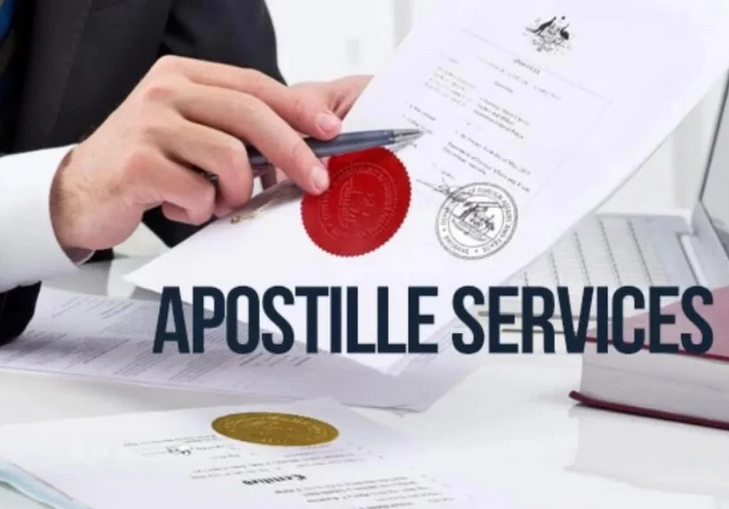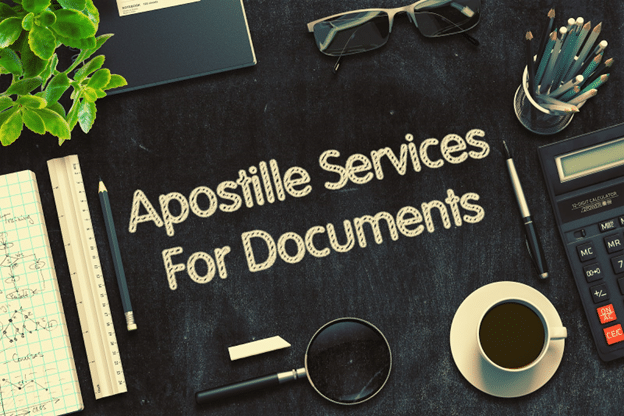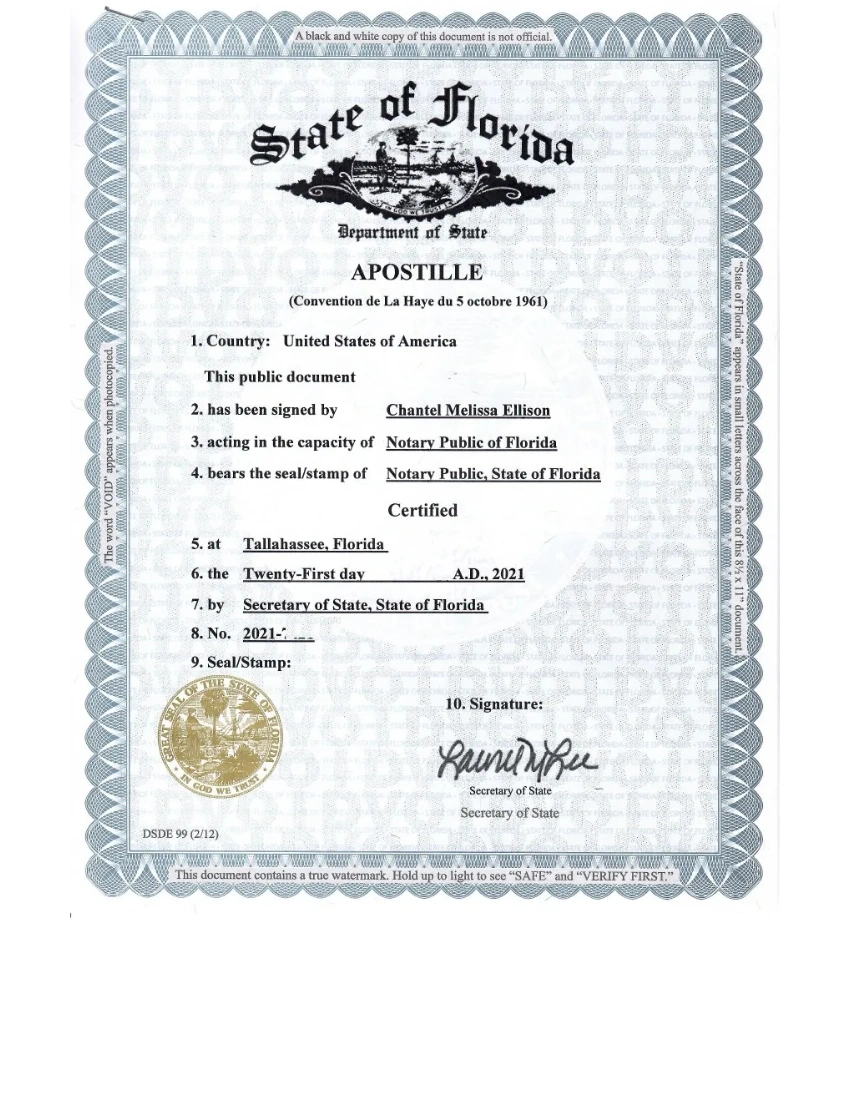Apostille Solutions in Houston: Streamline Your Paper Legalization
Apostille Solutions in Houston: Streamline Your Paper Legalization
Blog Article
Unveiling the Crucial Duty of Apostille in Simplifying International Paper Validation Procedures
In the world of international events, the validation of documents holds extremely important relevance. In the middle of the web of governmental procedures and differing legal requirements throughout different nations, the function of apostille emerges as a vital facilitator in improving the process. By attaching an apostille to a document, it undertakes a simplified recognition that is recognized throughout various countries, therefore easing the problems connected with cross-border record authentication. As we explore the intricacies of this specialized qualification, the nuances in between apostille and conventional recognition methods come to light, losing a new point of view on the efficiency and efficiency of this crucial yet commonly overlooked procedure.
Comprehending Apostille Essentials
In the world of file validation for worldwide usage, comprehending the fundamental concepts of apostille verification is essential. An apostille is a specific certificate that verifies the authenticity of a paper for usage in international countries that belong to the Hague Apostille Convention. Recognizing the essentials of apostille involves recognizing that it does not confirm the material of the document but rather certifies the signature and seal of the issuing authority. This accreditation simplifies the process of international file validation by guaranteeing that the file will certainly be acknowledged as authentic in countries that are parties to the Apostille Convention.
Apostilles are generally released for important documents such as birth certifications, marital relationship certificates, and academic records. The crucial elements of an apostille include the name of the nation where it was issued, the name of the individual authorizing the file, the capacity in which the individual signed the document, the seal or stamp of the releasing authority, and the date of issuance. By understanding these basic elements of apostille authentication, organizations and people can navigate the intricacies of worldwide file recognition with confidence and efficiency.
Advantages of Apostille for Validation

In addition, the apostille simplifies the confirmation process by giving a standardized certification that verifies the credibility of the file, such as birth certifications, marriage licenses, notarized acts, and academic transcripts. This standard format lowers the risk of being rejected due to unfamiliarity with international documents, therefore enhancing the effectiveness of cross-border purchases.
Furthermore, the apostille aids in eliminating the requirement for numerous layers of authentication by government authorities, as the apostille itself symbolizes the document's credibility. This not just accelerates the document validation procedure yet also decreases the linked prices and administrative difficulties, making it a convenient and economical remedy for individuals and companies taking part in international activities.
Simplifying Cross-Border Document Authentication
Assisting in the recognition of records throughout global boundaries, the apostille procedure offers as a structured and universally recognized method for authenticating various sorts of official paperwork. Simplifying cross-border document authentication, the apostille eliminates the need for lengthy and frequently complex validation procedures generally required when presenting documents in international nations. By attaching an apostille to a file, the issuing country read this article licenses the authenticity of the paper, making it easily acceptable in various other nations that become part of the Hague Apostille Convention. This standardized procedure dramatically minimizes the time and effort associated with confirming the legitimacy of official documentation, advertising efficiency and convenience of global deals.
Moreover, the apostille system improves the protection and dependability of cross-border file recognition by providing a clear and internationally accepted device for confirming the legitimacy of documents. This simplification of authentication refines not just benefits individuals and organizations seeking to operate worldwide but likewise cultivates smoother communication and partnership in between countries by making certain the integrity of shared paperwork.
Relevance of Apostille in Legalization

Apostille guarantees that legal records such as birth certifications, marriage certifications, powers of lawyer, and court files are recognized and approved in foreign jurisdictions. The apostille procedure decreases the taxing procedures and governmental obstacles generally linked with paper legalization, making global deals more effective and legally binding.
Apostille Vs. Standard Validation Approaches
Comparing apostille with standard recognition approaches exposes distinctive differences in the performance and simplicity of record verification procedures for worldwide usage. Apostille, as a streamlined and standard technique developed by the Hague Convention, offers a much more straightforward technique to confirming files contrasted to traditional techniques. Typical validation processes often entail multiple steps, consisting of registration, accreditation by federal government authorities, and consular legalisation, which can be time-consuming and troublesome.
Apostille, on the other hand, simplifies this procedure by licensing documents with a single apostille certification issued by an experienced authority in the country where the file comes from (Houston TX Apostille). This certification is identified by all member countries of the Hague Convention, eliminating the requirement for additional consular office legalisation. Therefore, apostille significantly decreases the time and effort required for paper recognition, making it a recommended selection for people and companies entailed in international transactions
Final Thought
To conclude, apostille plays a critical function in streamlining worldwide record validation procedures by offering a standard approach of verification that is acknowledged throughout taking part nations. By improving the legalisation process, apostille gets rid of the demand for multiple layers of recognition, reducing time and expenses related to cross-border record authentication. This reliable system advantages individuals and organizations looking for to use foreign papers for lawful purposes, making sure smoother global transactions.
By attaching an apostille to a record, it undergoes a simplified recognition that is identified throughout various nations, therefore reducing the burdens associated with cross-border paper verification. Streamlining cross-border record authentication, the apostille eliminates the requirement for often complex and prolonged validation procedures normally called for when offering records in international nations. By fastening an apostille to a record, the issuing country certifies the authenticity of the document, making it readily acceptable in various other nations that are component of the Hague Apostille Convention. By fastening an apostille to a paper, the releasing nation accredits the authenticity of the signature, seal, or stamp on the document, making it valid for usage in another participant nation of the Hague Apostille Convention without the requirement for additional legalization.

Report this page